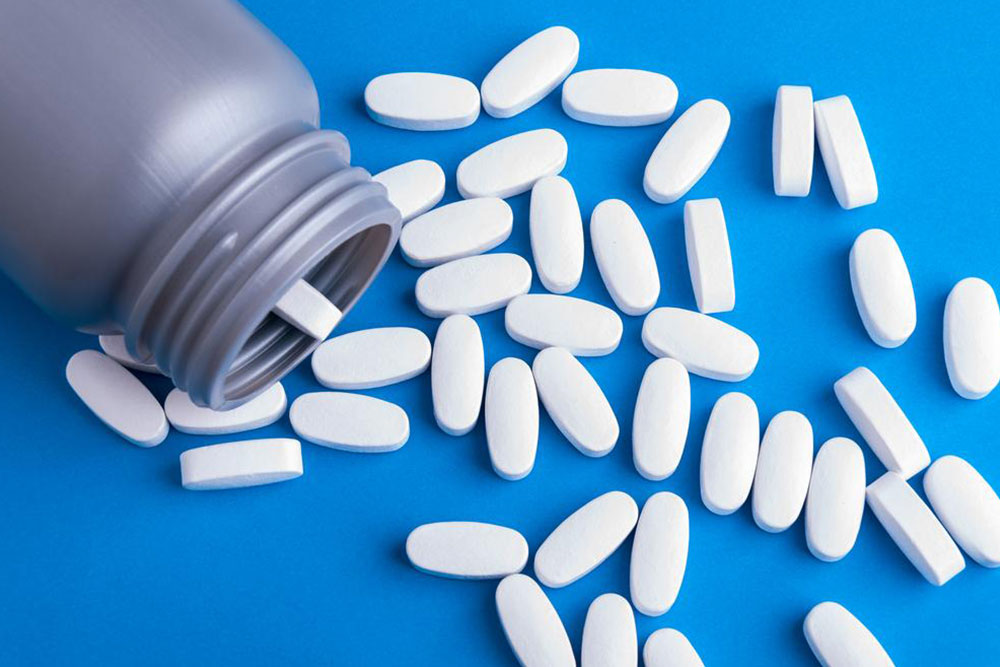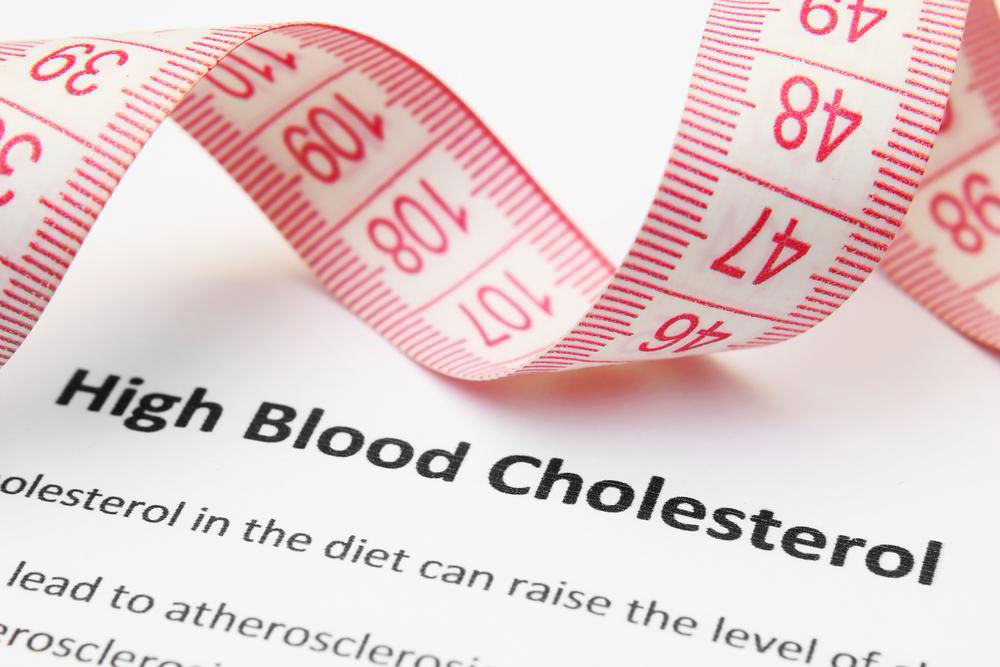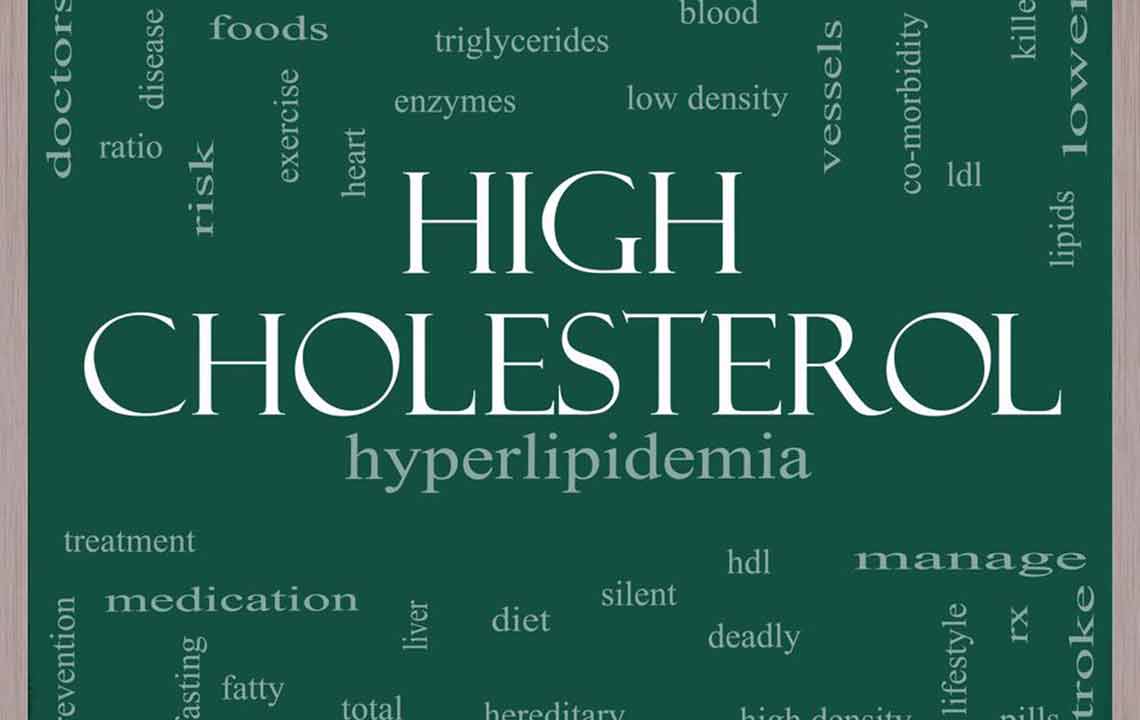Effective Strategies and Supplements to Lower Bad Cholesterol Levels
Discover effective methods to reduce bad cholesterol through proven supplements and lifestyle changes. This comprehensive guide highlights key supplements such as fish oil, artichoke extract, niacin, and more, emphasizing safety and professional consultation. Achieving healthy cholesterol levels is vital for heart health, and combining supplements with diet and exercise enhances results. Be informed about potential side effects and interactions to make the best choices for your cardiovascular wellness.

Effective Strategies and Supplements to Lower Bad Cholesterol Levels
Elevated cholesterol levels significantly increase the risk of heart disease and strokes. Managing bad cholesterol is essential for cardiovascular health. Combining a balanced diet, regular physical activity, and targeted supplements can effectively keep cholesterol in check. This guide explores some of the most beneficial supplements that support heart health and reduce cholesterol, helping you choose the right options for a healthier lifestyle.
Top Cholesterol-Reducing Supplements
Omega-3 Fish Oil
Rich in omega-3 fatty acids, fish oil helps lower triglyceride levels by up to 30%, thereby reducing the risk of cardiovascular complications. Nonetheless, concerns about mercury contamination and possible side effects like bad breath, nausea, or gastrointestinal discomfort should be considered. Consulting a healthcare professional for appropriate dosage is recommended.
Artichoke Extracts
These supplements may help decrease total and LDL cholesterol levels, although some individuals might experience gas or allergic reactions. Further research is needed to confirm their long-term benefits.
Niacin (Vitamin B3)
Known for boosting HDL (good cholesterol) and lowering triglycerides, niacin should be taken under medical supervision due to potential side effects like flushing, headaches, or rare liver issues.
Red Yeast Rice
This popular supplement contains monacolin K, which can significantly reduce cholesterol. However, since some products include lovastatin—a pharmaceutical ingredient—the FDA warns of potential risks, highlighting the importance of quality control.
Garlic
While commonly used for heart health, garlic’s effectiveness in cholesterol reduction appears limited. Small amounts are safe, but extensive evidence for substantial benefits is lacking.
Psyllium Husk
As a natural fiber, psyllium helps lower cholesterol and triglycerides, especially when dietary changes are insufficient. Excessive doses may cause digestive issues, so medical guidance is advised.
Barley & Soy Protein
Whole-grain barley and soy protein are effective in reducing cholesterol levels with minimal side effects. Substituting high-fat protein sources with soy can be beneficial for heart health.
Whey Protein
Similar to soy, whey protein can aid in lowering cholesterol and triglycerides but might cause gas, nausea, or diarrhea.
Oat Bran
A fiber-rich supplement that supports heart health; however, high intake may lead to bloating and gas.
Plant Sterols and Stanols
These compounds help reduce LDL cholesterol but may cause digestive discomfort. They might be less effective if taken alongside certain medications like ezetimibe.
Ground Flaxseed
Beneficial for lowering triglycerides, but excessive use can cause bloating, gas, and may affect blood-thinning medicines.
Green Tea Extract
Popular for cholesterol reduction, yet it can cause gastrointestinal issues and interact with blood thinners.
Additional Supplements
Substances like policosanol, buckwheat, and grape polyphenols show promise but require more research. Always consult your doctor before use to prevent interactions, especially with medication.
Thorough research and medical advice are crucial before incorporating any supplement. Combining these with a healthy lifestyle ensures optimal cholesterol management. For severe cases, prescription medications may be necessary, so inform your healthcare provider of all supplements being used.
Note:
Our website provides diverse health information based on research, but it is not a substitute for professional medical advice. Always consult your healthcare provider before starting new supplements or treatments to ensure safety and effectiveness.










